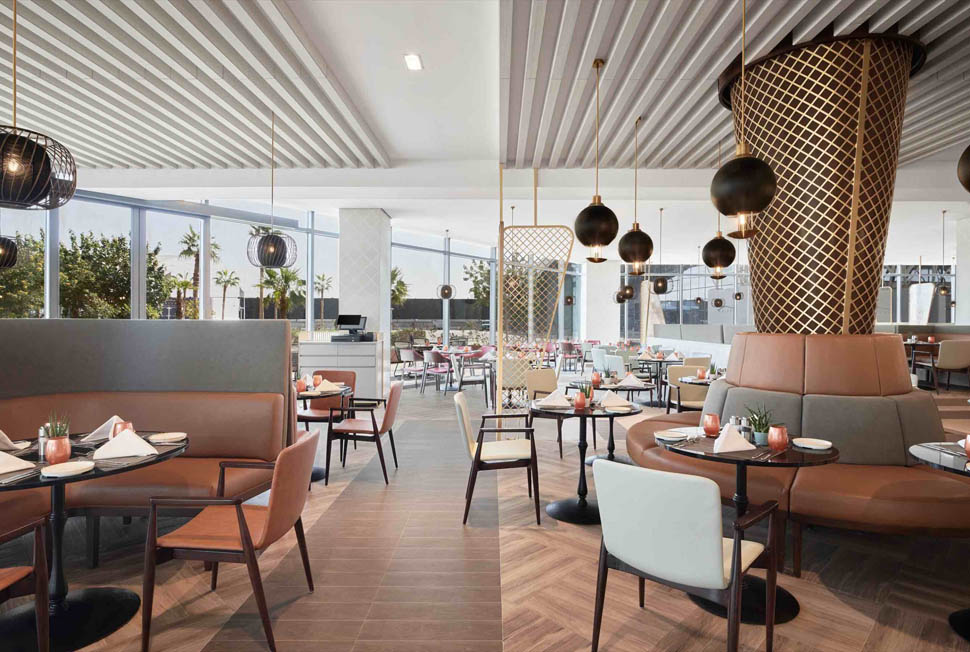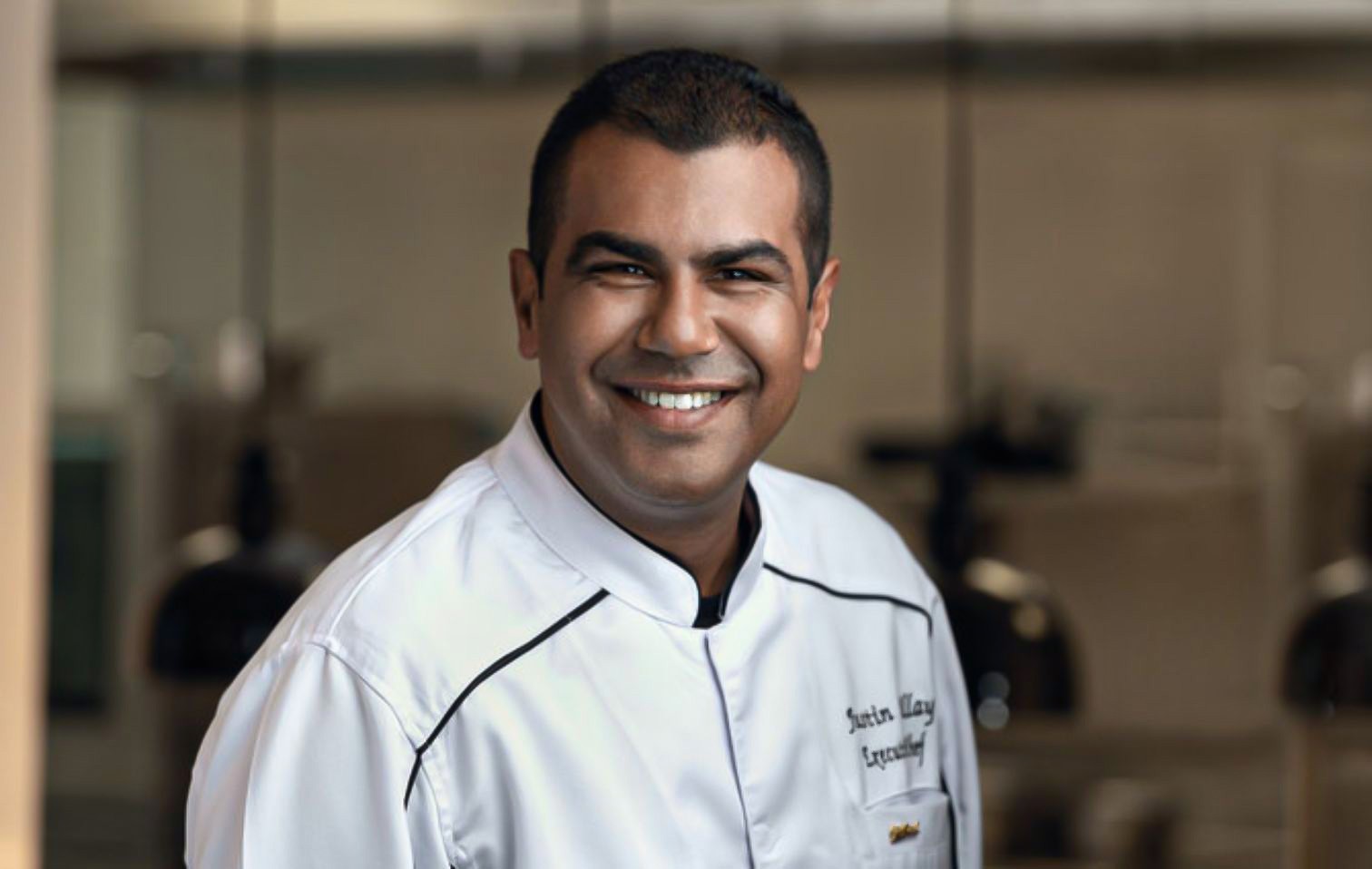Chef Justin Pillay in Saudi Arabia opens up in an interview and confesses to having difficulties with dietary requests because they distort the original idea of the dish.
Cover photos: @Supplied
The opinion
South African chef Justin Pillay has been in the hospitality industry for 25 years and has worked in various countries, including Nigeria, Sierra Leone, and Germany. In the latter, he briefly served at the three-Michelin-starred Le Vendôme restaurant. He is now in Saudi Arabia, where he is the executive chef of the Radisson Blu Hotel Riyadh Convention and Exhibition Centre. Pillay says in an interview with Arab News that he expects to stay in the Kingdom for a long time.
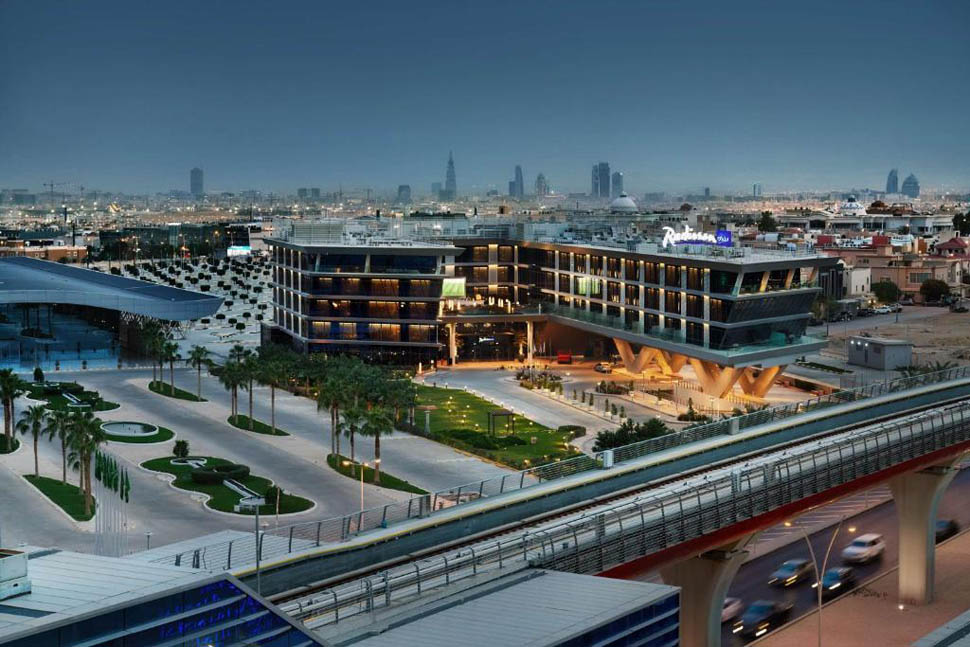
"I really like Saudi Arabia. I like the speed at which the country is growing and developing: we have access to some of the most amazing excellences from around the world, in addition to incredible local products." On the other hand, he often talks about his early mistakes and offers advice for those entering the culinary world. "Initially, I would mess up the temperature and consistency of the food. In the rush to do everything right, I would sometimes make some inaccuracies, and the dishes would turn out either undercooked or overcooked." But then things fall into place, and to young enthusiasts, he advises, "Have as much fun as possible and be creative. Don't be afraid to experiment with flavors and textures. That's how you'll learn the most. Take risks. You'll learn, even if the result isn't the best. There are also some practical aspects, such as making sure you have a good-quality chef's knife when cooking. And using equipment of the right size."
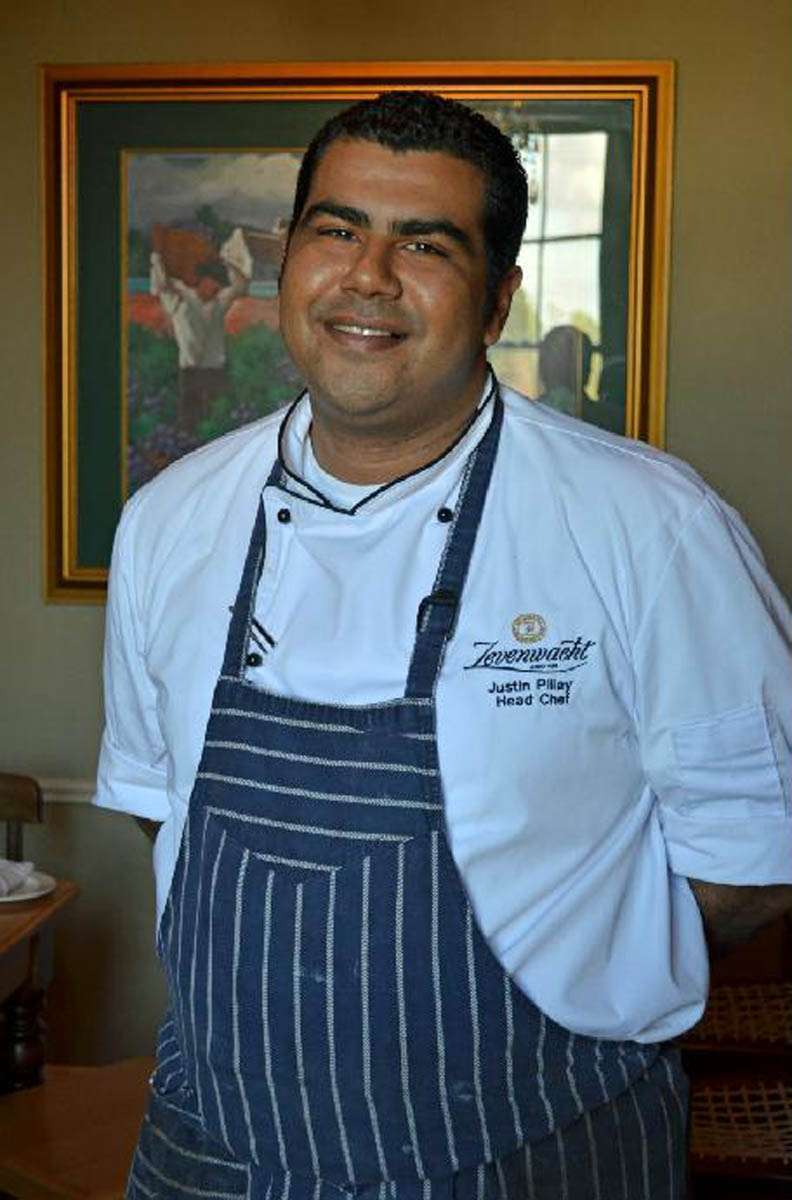
Taste strategies abound: for example, "ingredients like lemon juice, lime, and vinegar are essential because they contribute to the balance of flavor. It's interesting to note that if something tastes a bit acidic, you can offset the vinegar with a small amount of sugar. And, of course, salt, because it enhances the natural aroma. I prefer Maldon salt for its roundness." Fun fact: when dining out, does a chef like him find himself criticizing the food? "I think it's a bit difficult not to criticize as a professional because we often compare ourselves to others and really want to see if we are up to par or if there is room for improvement. So, criticizing doesn't necessarily mean saying, 'It's a terrible dish.' Even criticism can be helpful." The essential elements remain the cleanliness of the kitchen, the quality of food, and the level of care from the staff: "I think we all seek more of an experience than just a night out."
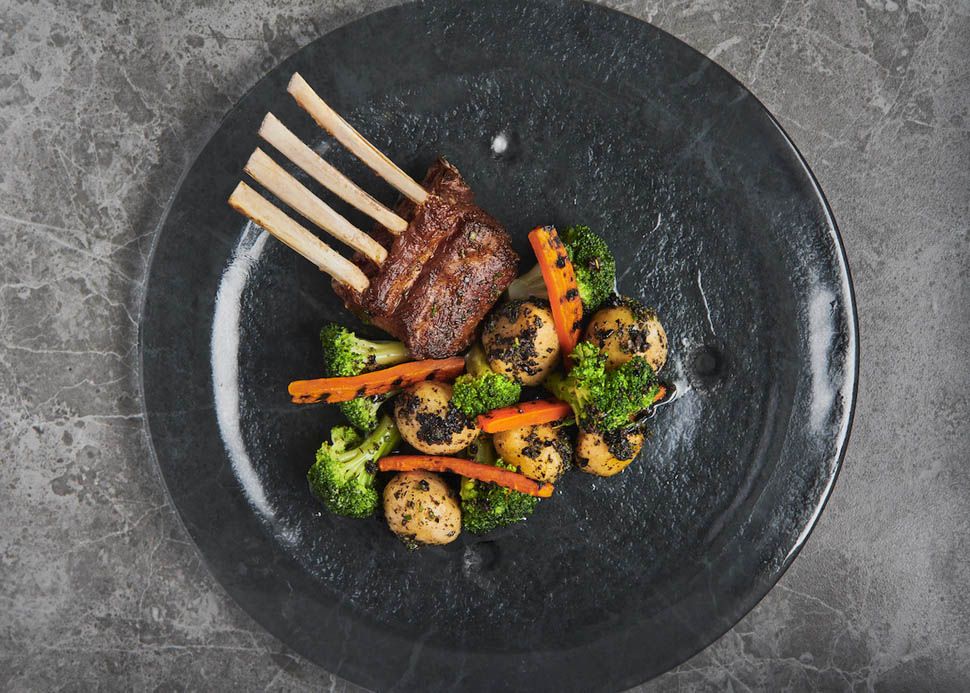
But what is the behavior of customers that annoys him the most? "The first is when people make a complaint but choose not to give feedback while they are still at the table (to resolve the issue) only to write those comments online later. And then I would say the second point concerns dietary requests. I perfectly understand requests from those who need to follow a medical diet and those related to lifestyle. However, it becomes challenging when someone with dietary requests shows up at the restaurant, and at the last minute, a well-planned dish has to be modified compared to what was intended to be offered to the guest. The creation of the menu and recipes takes hours and hours of training and practice" - which most of the time should be respected, even with a small effort on their part.
